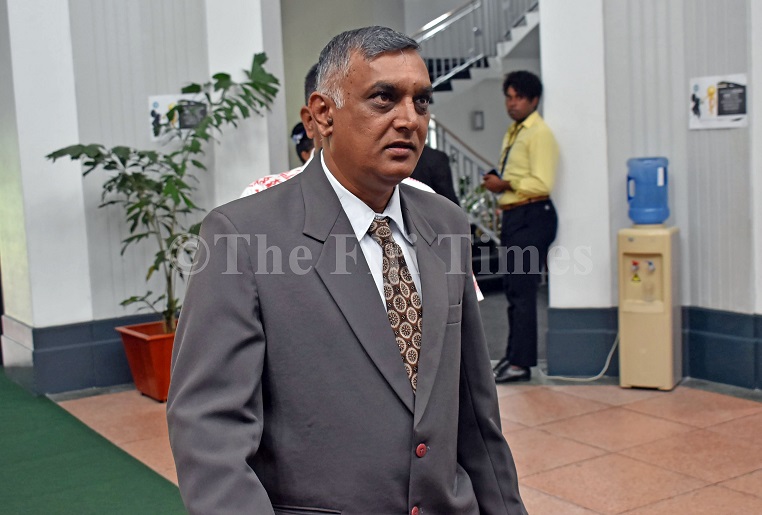Serious concerns have been raised in the House about the state of Fiji’s public health system, with a warning that increased funding alone would not solve deep-rooted operational failures.
The issues were raised by Opposition MP Virendra Lal, who said persistent bureaucratic inefficiencies continued to undermine healthcare delivery across the country, especially in high-demand areas like Nasinu.
“The 2025–2026 budget estimates indeed allocate a higher envelope to the Ministry of Health and Medical Services, rising from about $452million in 2024–2025 to $466million for core ministry operations,” Mr Lal noted.
“This reflects commendable recognition by the Government of the deep vulnerabilities in our public health system, vulnerabilities that were starkly exposed during the pandemic and have been exacerbated by NCD burdens, rising mental health cases, and a growing HIV crisis.”
However, Mr Lal stressed “budgets are only as good as their execution” and pointed to years of poor implementation and administrative bottlenecks that continue to cripple frontline services, despite rising budget allocations.
He slammed the chronic shortage of essential medicines and listed more than 20 commonly prescribed medications and basic medical supplies that remain out of stock, including children’s paracetamol, antibiotics, heart medications, and syringes.
“Chloramphenicol eye drops have been out of stock for public facilities for two years, yet abundantly available in private pharmacies, indicating no global supply constraint but a national procurement or stock management failure.
“These are just a few of the long list of out-of-stock items,” he said.
“These failures, despite recurrent budget increases, reveal the extent to which bureaucratic gridlocks, not mere funding shortfalls, are undermining healthcare delivery.”
Mr Lal also criticised the Government’s decision to phase out contract-based hiring in the civil service, saying the shift to permanent tenure has weakened accountability and performance, especially in health.
“In health, this entrenches complacency precisely where dynamism and rapid responsiveness are most needed, leading to issues such as months-long non-repairs of vital infrastructure and medical equipment.”



